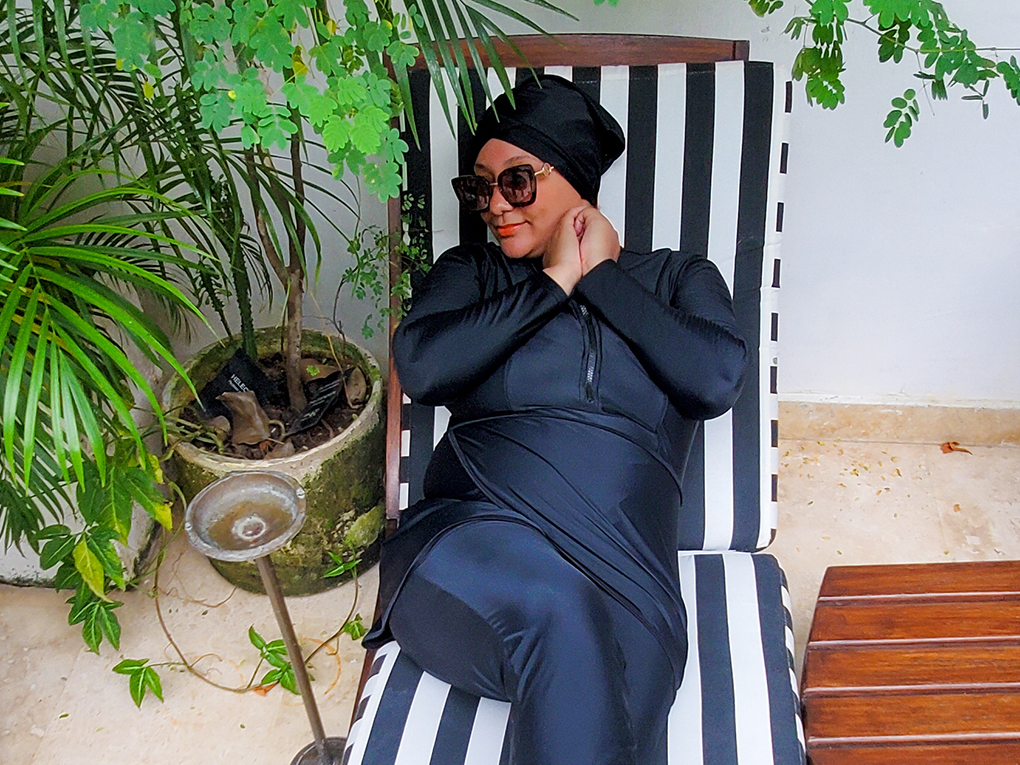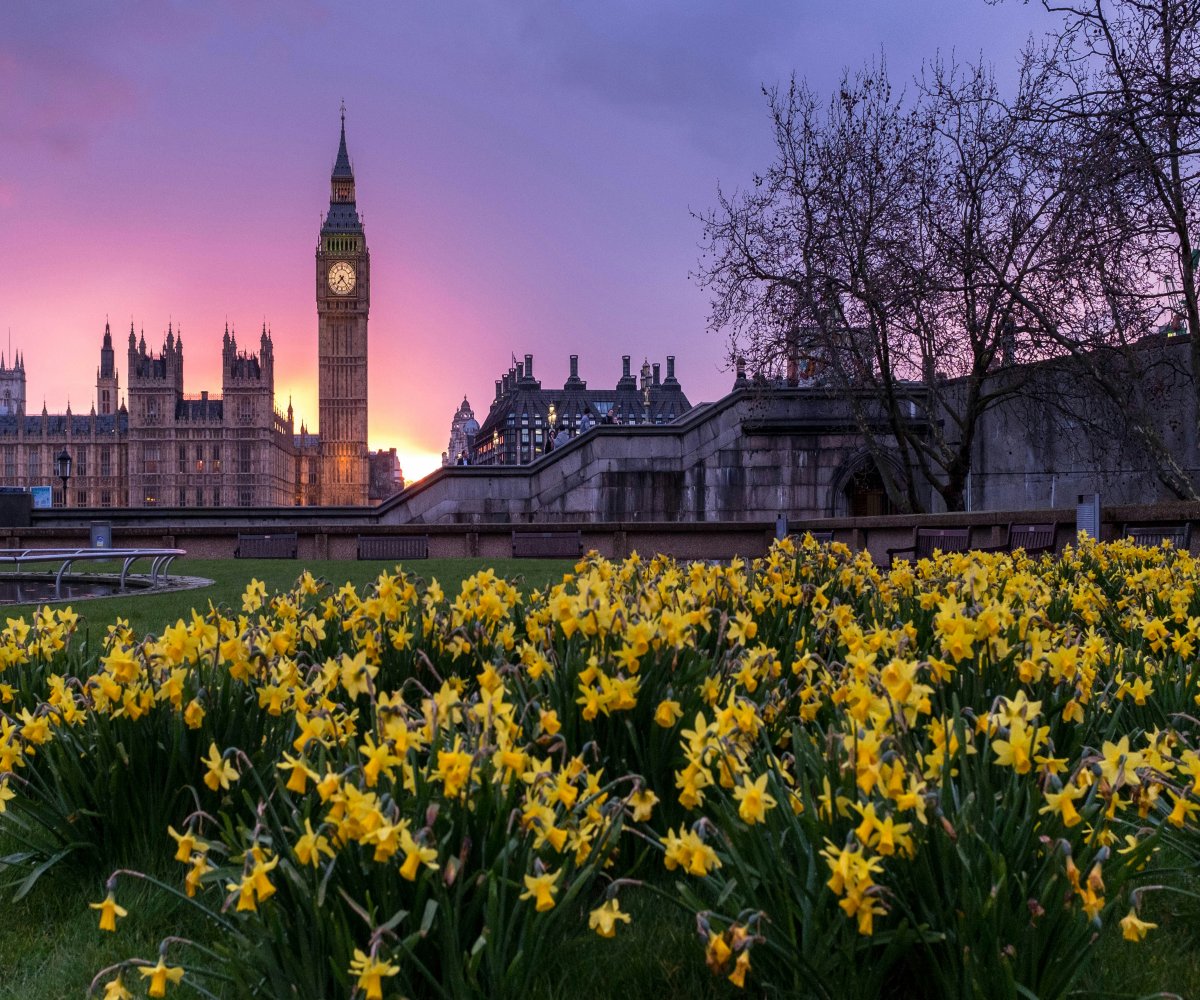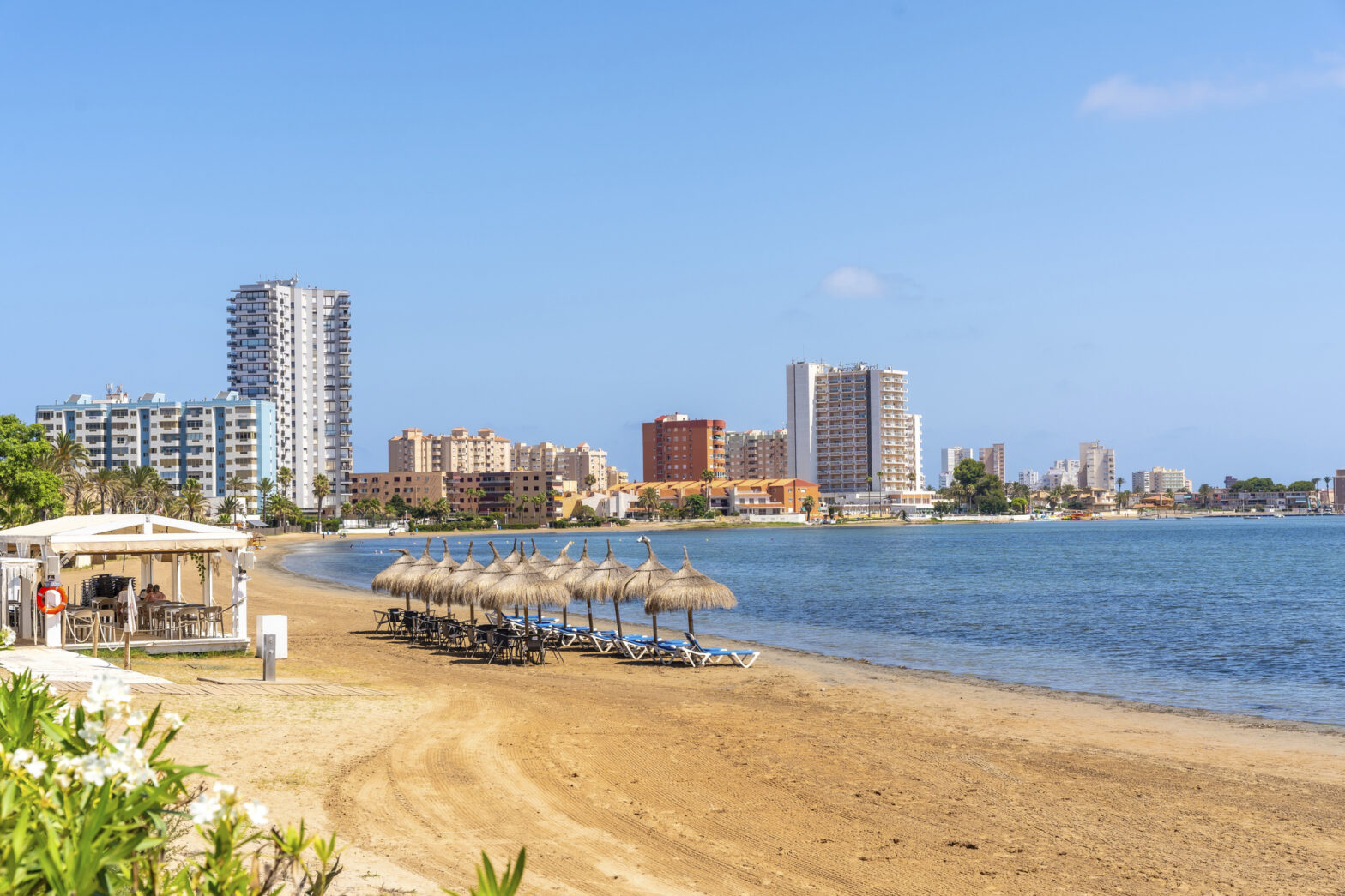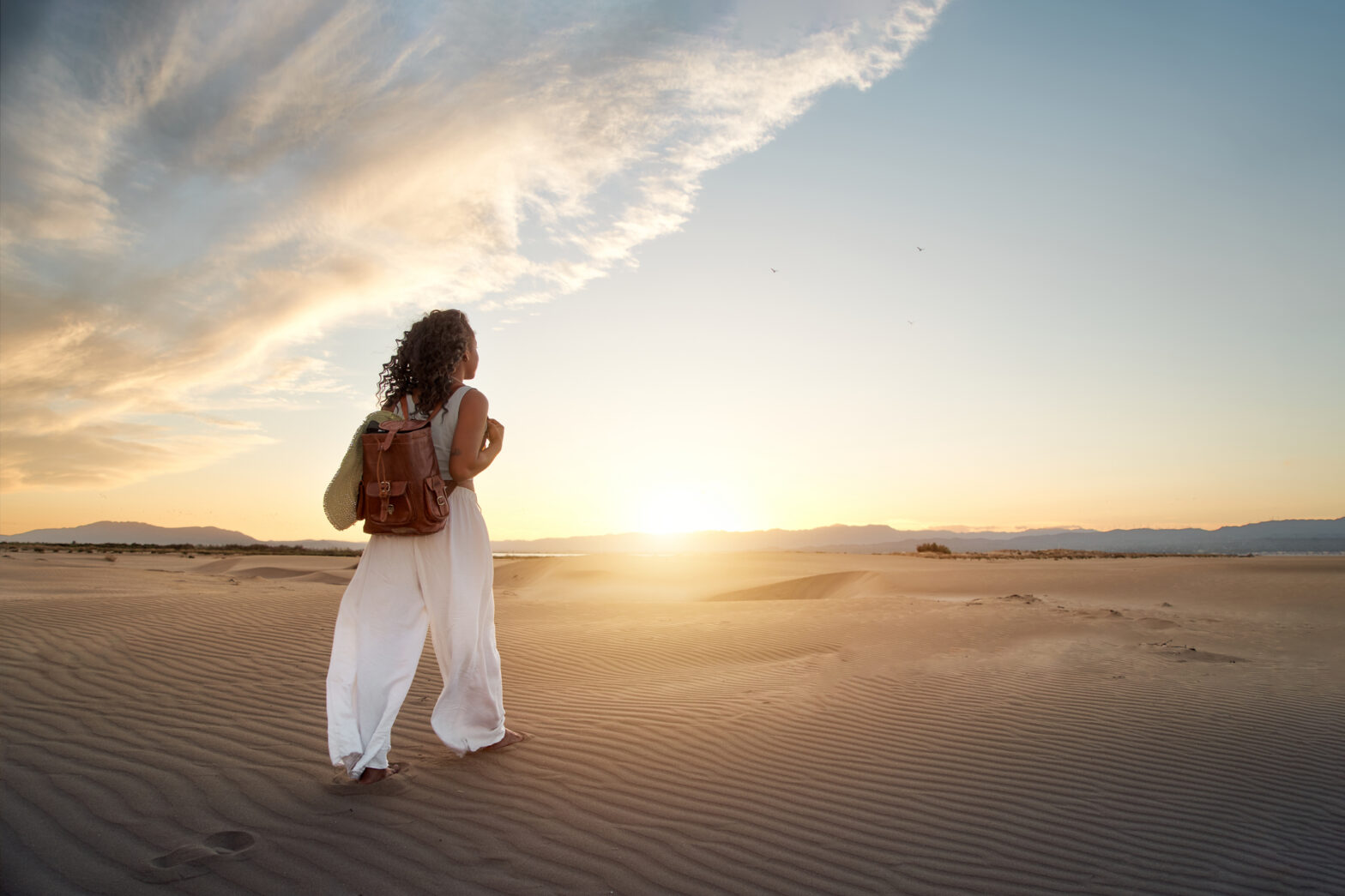The highest administrative court in France has rejected an appeal made by the eastern city of Grenoble, upholding the prohibition of the burkini at public swimming pools. The modest swim attire, which covers most of the body, is typically worn by Muslim women who wish to adhere to Islamic principles regarding modesty.
According to CNN, last month, following numerous protests, Grenoble passed an edict allowing the swimwear to be worn, launching it into a legal battle with the national government. The decision was soon overruled at the local level, and the ban has now been upheld at the national level.
The French Council of State cited “religious neutrality,” stating that allowing burkinis to be worn at public pools undermines “the equal treatment of users, so that the neutrality of the public service is compromised.”
The court said that in allowing the burkini, Grenoble sought “only to satisfy a demand of a religious nature” and that wearing it places individuals in violation of “hygiene and security rules,” though no evidence has ever been furnished suggesting the full- body swimsuit is unhygienic.
Last year, the government passed a “separatism law,” augmenting administrative principles centered around the concept of “religious neutrality.” Many have spoken out against the law, stating that it aims to single out the country’s Muslim population. In a 2020 speech, President Emmanuel Macron announced his plan to create a “French Islam” regulated by the government.
Supported by Gerald Darmanin, the nation’s conservative Interior Minister, separatist laws forbid anything with a “manifest objective to give in to sectarian demands with religious aims.”
Since 2004, the government has banned “conspicuous” religious symbols, such as “large” crosses, yarmulkes, and hijabs from being worn in schools. Niqabs (face veils) are banned in all public places.
Because of this, many Muslim women in France face difficulty attaining public services. Thus, the laws have earned France much criticism from human rights groups such as the United Nations Human Rights Committee and Human Rights Watch.
Related: Meet WestJet Airlines’ First Hijab-Wearing Flight Attendant





